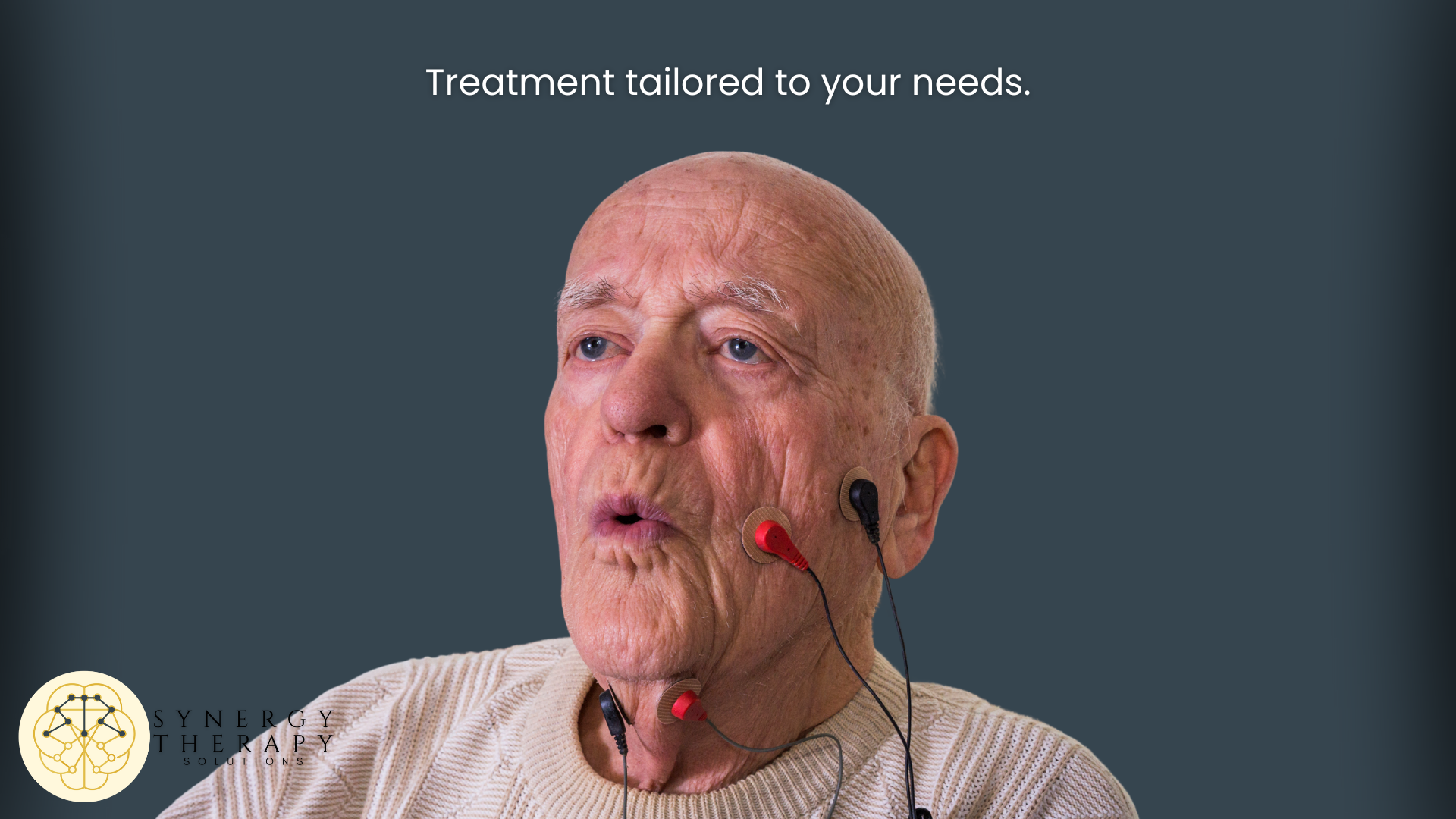
Speech Therapy for
Cognitive Rehabilitation
Cognitive therapy for memory, attention, and executive function impairments.
Specific Treatments Offered:
-
Metacognitive Strategy Instruction - Teaching clients to recognize and compensate for deficits
-
External Memory Aids - Calendars, apps, organizational systems
-
PQRST Strategy - Preview/Question/Read/State/Test for reading comprehension
-
Functional iPhone/Technology Training - Using devices to compensate for cognitive deficits
-
Predict-Perform Procedure - Self-monitoring and awareness strategies
-
Spoon Theory Application - Energy management for cognitive fatigue
Six Cognitive Domains Addressed:
-
Executive Functioning: Planning, organizing, decision-making, task initiation
-
Memory: Short-term, long-term, working memory, orientation
-
Attention: Sustained attention, multitasking, processing speed, distractibility
-
Social Cognition: Emotional regulation, nonverbal cues, perspective-taking
-
Language: Abstract concepts, word-finding in cognitive contexts
-
Visuospatial Skills: Visual neglect, spatial awareness
What It Treats:
-
Traumatic brain injury (TBI) recovery
-
Stroke rehabilitation
-
Concussion management
-
Long COVID brain fog
-
Dementia symptom management
-
Neurodegenerative disease support
Cognitive Speech Therapy for Adults

Synergy Therapy Solutions' Cognitive rehabilitation addresses memory, attention, executive function, and problem-solving difficulties following stroke, TBI, concussion, dementia, or long COVID. Our approach uses functional, evidence-based strategies that improve real-world performance—not generic exercises that don't translate to daily life
After a stroke or brain injury, you may also experience changes in your cognitive ability. Here are the common symptoms:
- Forgetting recent conversations or events
- Difficulty remembering appointments or medications
- Walking into a room and forgetting why you went there (working memory issues)
- Repeatedly asking the same questions
- Trouble recalling names or familiar faces
- Getting lost in familiar places
- Confusion about time, date, or location
